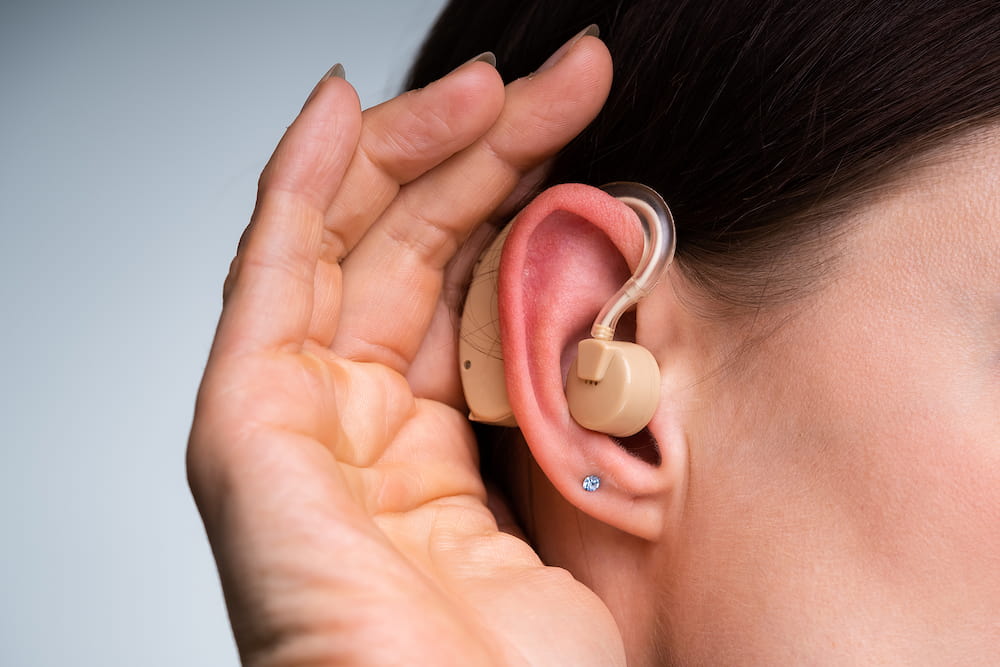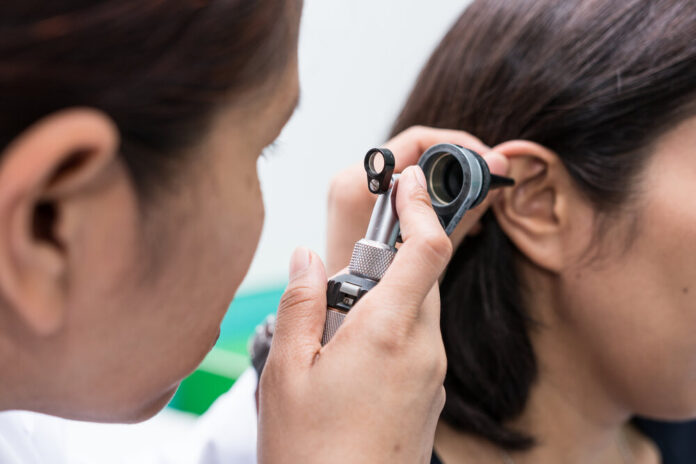Hearing loss is a common issue with potentially serious implications, yet it is often treated as a minor problem.
From a holistic perspective, however, addressing hearing loss through a comprehensive approach is essential for long-term health and well-being.
Research suggests that untreated hearing loss can have a considerable impact on physical and mental health, financial resources, and overall quality of life. Finding the right approach to hearing loss management can make a big difference in improving overall wellness.
This blog post will explore the value of treating hearing loss through a comprehensive approach. We will look into the far-reaching implications of hearing loss, from physical and psychological issues to financial and overall quality of life.
We will discuss the methods available for treating hearing loss and the importance of finding the right solution. Finally, we will examine how a comprehensive approach to hearing loss treatment can help to improve overall wellness and quality of life.
Hearing aids are electronic devices that amplify sound and are worn in or behind the ear to improve hearing ability.
Recognizing the Benefits of Improved Hearing
Recognizing the Benefits of Improved Hearing is an important step in understanding the value of treating hearing loss.
Hearing loss can have a debilitating impact on an individual’s quality of life, leading to difficulty communicating, participating in social activities, and completing daily tasks. Improved hearing can help to alleviate these issues and restore an individual’s overall well-being. Improved hearing can also help to reduce the risk of developing other health issues related to hearing loss such as anxiety, depression, and cognitive decline. By recognizing the value of treating hearing loss, individuals can take proactive steps to improve their health and overall quality of life.
Understanding the Link Between Hearing Loss and Cognitive Decline

The link between hearing loss and cognitive decline has been studied extensively over the past decade, and the research results are clear.
Studies have found that those with untreated hearing loss are more than twice as likely to develop dementia, compared to those with normal hearing. Furthermore, there is evidence that hearing loss can lead to cognitive decline even in relatively young individuals.
This highlights the importance of treating hearing loss as soon as possible, in order to prevent potential cognitive decline in the future. It is essential that patients understand the potential risks associated with untreated hearing loss, so they can make an informed decision about their care.
Analyzing the Impact of Hearing Loss on Emotional Well-being
Hearing loss can have a detrimental impact on emotional well-being. It can cause feelings of isolation, frustration and anger, and even depression.
The most important consideration when addressing hearing loss is to take a comprehensive approach to patient care.
This should include addressing not only the physical needs of the patient, but also their emotional, cognitive and social needs. By taking a holistic approach, healthcare providers can help to reduce the adverse effects of hearing loss on emotional well-being.
Exploring the Social Implications of Untreated Hearing Loss
Hearing loss is a common problem, both in the US and worldwide, affecting more than 48 million adults in the US and over 5% of the world’s population.
Untreated hearing loss can have far-reaching effects on an individual’s life, impacting their relationships, communication, and self-esteem.
For example, individuals with untreated hearing loss may find it difficult to understand conversations, leading to increased levels of isolation and a decrease in quality of life.
Untreated hearing loss also increases the risk of depression and anxiety, as well as other physical and mental health issues.
Studies have also shown that untreated hearing loss can lead to diminished job performance and lower wages. It is clear that the social implications of untreated hearing loss can be far-reaching and must be taken seriously.
Evaluating the Overall Impact of Hearing Loss on Quality of Life
Evaluating the overall impact of hearing loss on quality of life is a critical part of any holistic approach to wellness.
This evaluation should include assessing the various physical and psychological aspects of hearing loss, including the ability to communicate effectively and participate in social activities.
Hearing loss can also have an impact on cognitive functioning and emotional wellbeing due to the difficulty in processing auditory information. Additionally, hearing loss can negatively impact one’s overall quality of life by increasing social isolation, making it difficult to gain access to resources, and leading to reduced employability and income. Therefore, it is essential to consider the overall impact of hearing loss on a person’s quality of life when determining the best course of treatment.
Read Also
- The Role of Ingredients in Your Skincare: What to Look ForSkincare works best when you understand what goes into the products you use daily. Ingredients form the foundation of every formula and determine how the skin reacts over time. Each cream, cleanser, or serum has its own role, determined by its ingredients. Learning what to look for helps you pick products that help skin and… Read more: The Role of Ingredients in Your Skincare: What to Look For
- Your Guide to Finding a Trusted DentistChoosing the right dentist in Sandgate or your area is crucial for maintaining good oral health and achieving a confident smile. With countless dental practices to choose from, patients may find the task daunting. Data from the American Dental Association indicates that there are over 200,000 practicing dentists in the United States, highlighting the importance… Read more: Your Guide to Finding a Trusted Dentist
- Achieving a Defined, Balanced Facial Contour in SingaporeA well-defined jawline and a gently tapered lower face — commonly referred to as a V-shaped face — is a look many people aspire to. In Singapore’s beauty and aesthetic scene, treatments that help refine facial contours have grown in popularity as more individuals seek subtle, natural enhancements that boost confidence and balance facial features.… Read more: Achieving a Defined, Balanced Facial Contour in Singapore
- The Wellness Blueprint: How Your DNA Holds the AnswerGenetic testing is revolutionizing preventive healthcare by offering insights into individual health risks. By analyzing DNA, these tests provide a personalized health blueprint that can guide lifestyle and medical decisions. This approach, often referred to as DNA wellness testing, helps to optimize health naturally and prevent potential diseases. In recent years, genetic testing has become… Read more: The Wellness Blueprint: How Your DNA Holds the Answer
- Exploring the Benefits of Infusion Therapy in OKC: The Ultimate GuideUnderstanding Infusion Therapy: A Deep Dive into Its Purpose and Process What exactly is Infusion Therapy? Infusion therapy is an advanced medical treatment that delivers medication and nutrients directly into the bloodstream through a vein, typically via an IV (intravenous) line. This method is particularly beneficial for patients who require a concentrated dose of medication,… Read more: Exploring the Benefits of Infusion Therapy in OKC: The Ultimate Guide






